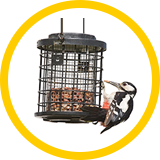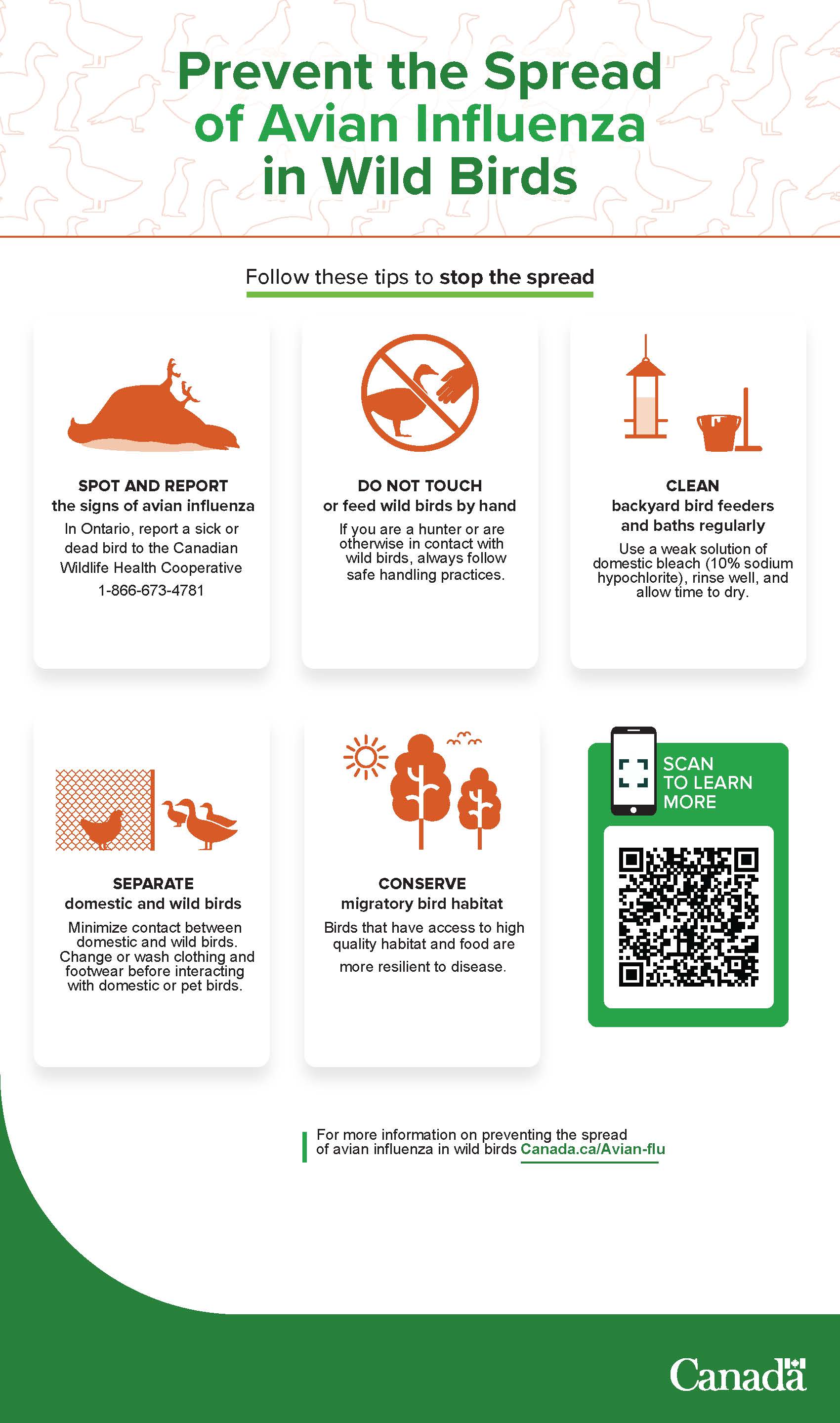The following information is made available from the Ministry of Natural Resources and Forestry; Be Bear Wise and prevent bear encounters - Prevent and report encounters with black bears and learn who to contact.
News Release - Ministry of Natural Resources and Forestry - March 1, 2024 - Public should exercise caution as bears come out of hibernation early
Who to contact
Not every bear sighting is an emergency situation. Here is who to call if you encounter a bear.
Emergency situations
Call 911 or your local police if a bear poses an immediate threat to personal safety and exhibits threatening or aggressive behaviour, such as:
- enters a school yard when school is in session
- stalks people and lingers at the site
- enters or tries to enter a residence
- wanders into a public gathering
- kills livestock/pets and lingers at the site
Police will respond first to an emergency situation, but may request assistance from the Ministry of Natural Resources and Forestry.
Non-emergency encounters
Call the toll-free Bear Wise reporting line at 1-866-514-2327 (TTY 705-945-7641) if a bear:
- roams around or checks garbage cans
- breaks into a shed where garbage or food is stored
- is in a tree
- pulls down a bird feeder or knocks over a barbecue
- moves through a backyard or field but does not linger
This line operates 24 hours a day, seven days a week, from April 1 to November 30.
Prevent conflicts with black bears
Bears usually avoid humans, but they are attracted into urban and rural areas in order to get food.
If bears learn that they can find food where people live, they will return again and again and even try to enter buildings. Relocation and destruction are poor ways of trying to prevent conflicts with bears.

Garbage:
- put garbage out only on the morning of garbage day, not the night before
- put garbage in containers that have tight-fitting lids and store it in a bear-proof location such as your basement or a sturdy garage
- spray garbage cans and lids with bleach or another strong disinfectant
- take garbage to the dump often, if you do not have curbside pick-up

Bird feeders:
- fill bird feeders only through the winter months
- put away feeders in the spring and instead, offer birds natural alternatives (e.g. flowers, nesting boxes, fresh water)

Barbecue:
- burn off food residue and wash the grill right away
- empty the grease trap every time you barbecue
- remove all utensils, dishes and food after eating

Fruits and berries:
- pick all ripe and fallen fruit from trees and shrubs on your property
- plant non-fruit bearing trees and shrubs

Pet food:
Do not leave pet food outdoors, in screened-in areas or porches
When out in bear country
Travel in groups of two or more, as bears primarily attack people who are alone.
Avoid bear-human interactions
Alert bears to your presence so they can avoid you. Make noise, such as singing, whistling or talking while in areas with restricted visibility or with high background noise, such as near streams and waterfalls.
While outdoors:
- scan your surroundings and do not wear music headphones
- watch for signs of bear activity (for example, tracks, claw marks on trees, flipped-over rocks or fresh bear droppings)
- leash your dog, as uncontrolled, untrained dogs may actually lead a bear to you
- pay attention, especially if you are working, gardening or berry picking
- rise slowly if you are in a crouched position so that you don’t startle nearby bears
If you encounter a black bear
When bears are caught off guard, they are stressed, and usually just want to flee.
Stop. Do not panic. Remain calm.
Generally, the noisier the bear is, the less dangerous it is, provided you do not approach. The noise is meant to “scare” you off and acts as a warning signal.
Do
- Slowly back away while keeping the bear in sight and wait for it to leave.
- If the bear does not leave, throw objects, wave your arms and make noise with a whistle or air horn.
- Prepare to use bear spray.
- If you are near a building or vehicle get inside as a precaution.
Do not
- Run, climb a tree or swim — a bear can do these things much better than you
- Kneel down
- Make direct eye contact
Bear warning signs
Black bear attacks are extremely rare. A threatened or predatory black bear will give off warning signs to let you know you are too close. If a black bear stands on its hind legs this is not aggressive behaviour, and the bear is trying to get a better look at you or "catch your scent".
A defensive bear
A bear that feels threatened will:
- salivate excessively and exhale loudly
- make huffing, moaning, clacking and popping sounds with its mouth, teeth and jaws
- lower its head with its ears drawn back while facing you
- charge forward, and/or swat the ground with its paws (known as a ‘bluff’ charge).
A predatory bear
The bear will approach silently, usually in rural or remote areas, and may continue to approach regardless of your attempts to deter them by yelling or throwing rocks. If the bear attacks:
- Use bear spray.
- Fight back with everything you have.
- Do not play dead unless you are sure a mother bear is attacking in defence of her cubs.
After the bear leaves
- Report the bear encounter by calling 1-866-514-2327 (TTY 705-945-7641) between April 1 and November 30.
- Tell your neighbours about bear activity in the area.
- If the bear was eating non-natural food (such as garbage or bird food), remove or secure the item.
When to use self defence
If you have tried everything possible to get a bear to leave your property and you are afraid for your safety, you have the right to protect yourself and your property.
Killing a bear in self-defence must be an action of last resort.
Any action you take must be done:
- according to applicable laws (for example, discharging a firearm by-laws)
- safely
- in the most humane way possible
You do not need a hunting licence to kill a bear in self-defence. If you kill a bear and do not intend to keep it, you must report it immediately to your local Ministry of Natural Resources and Forestry office.
If you kill a bear and want to keep it, you must register for a Notice of Possession with the Ministry of Natural Resources and Forestry.













